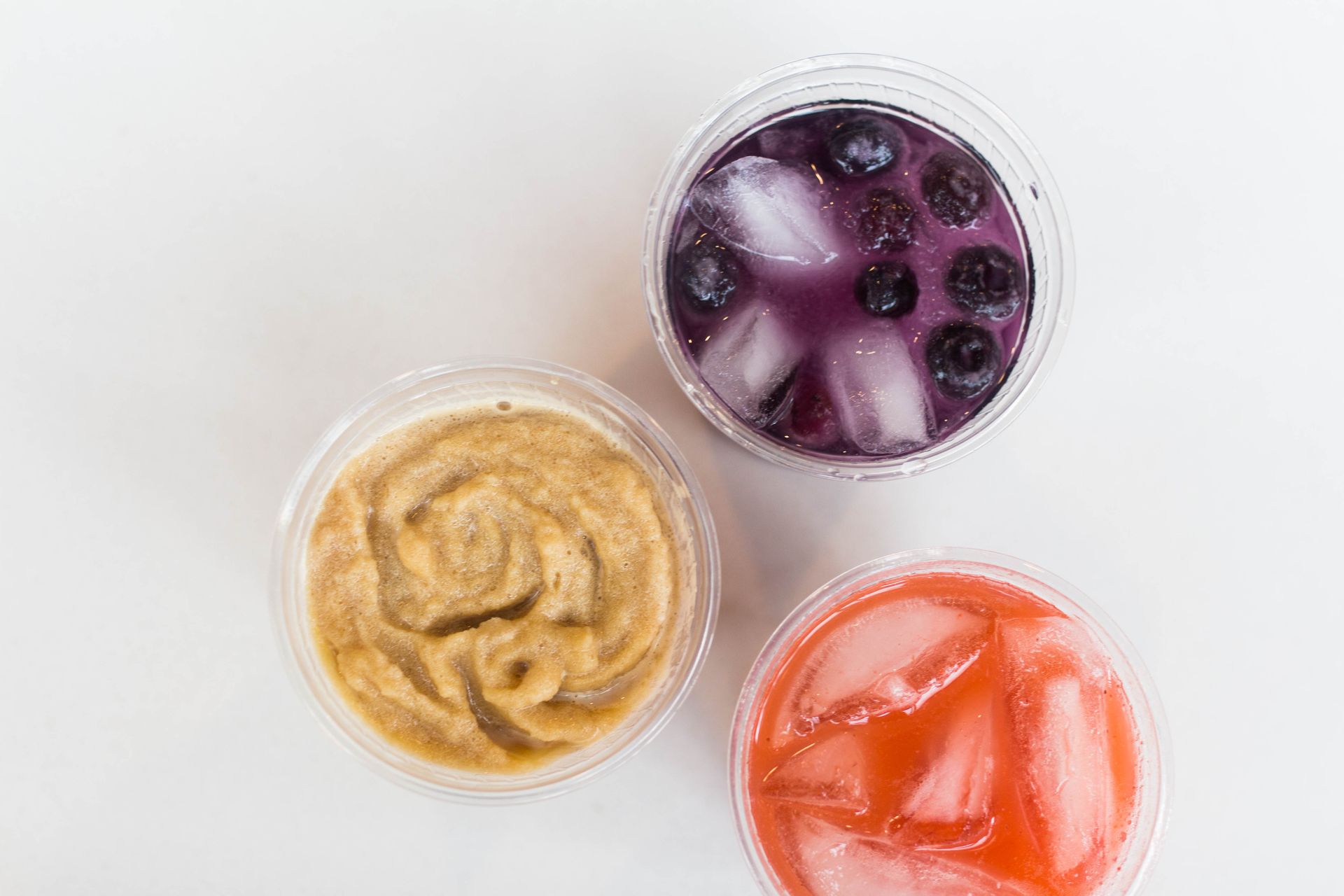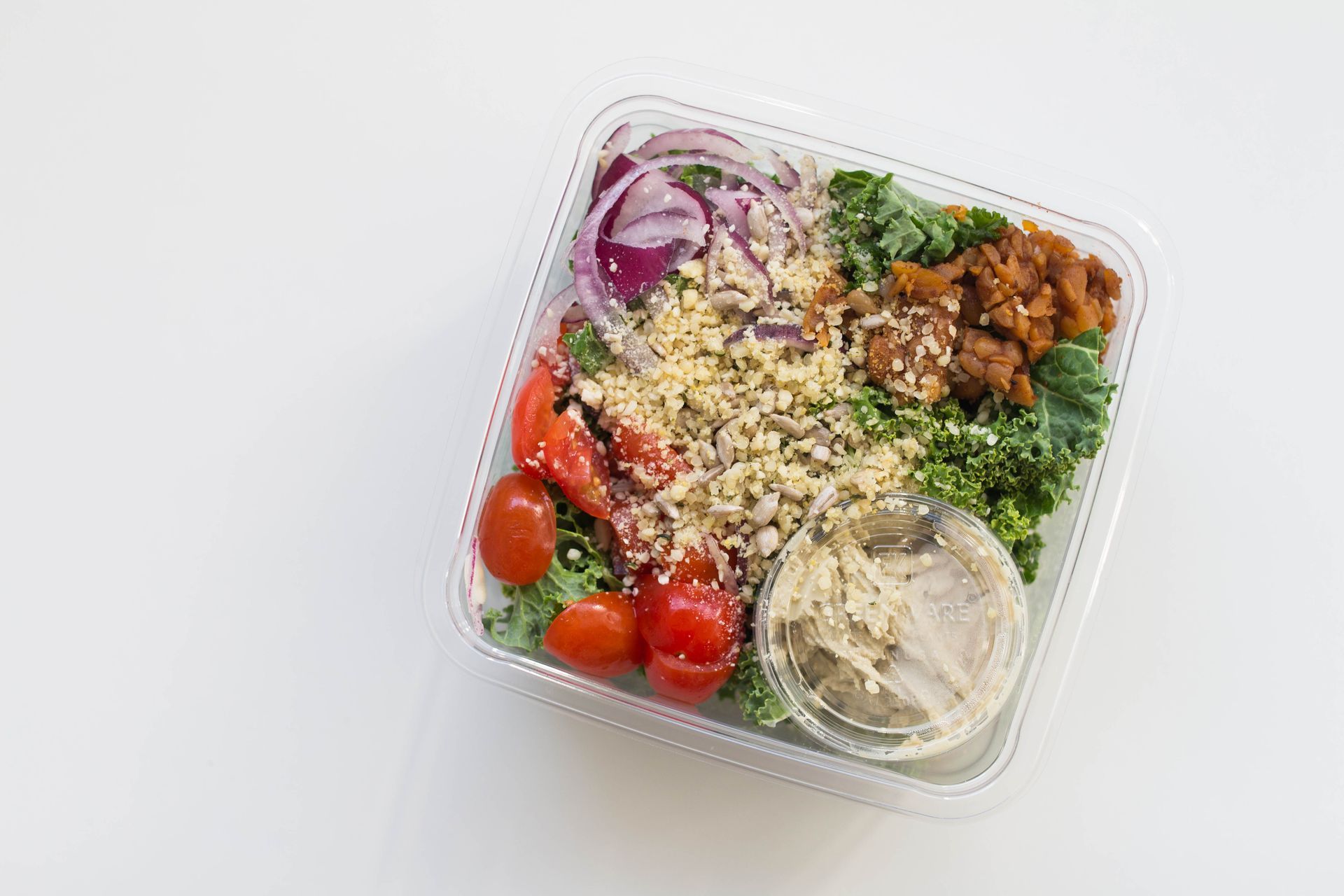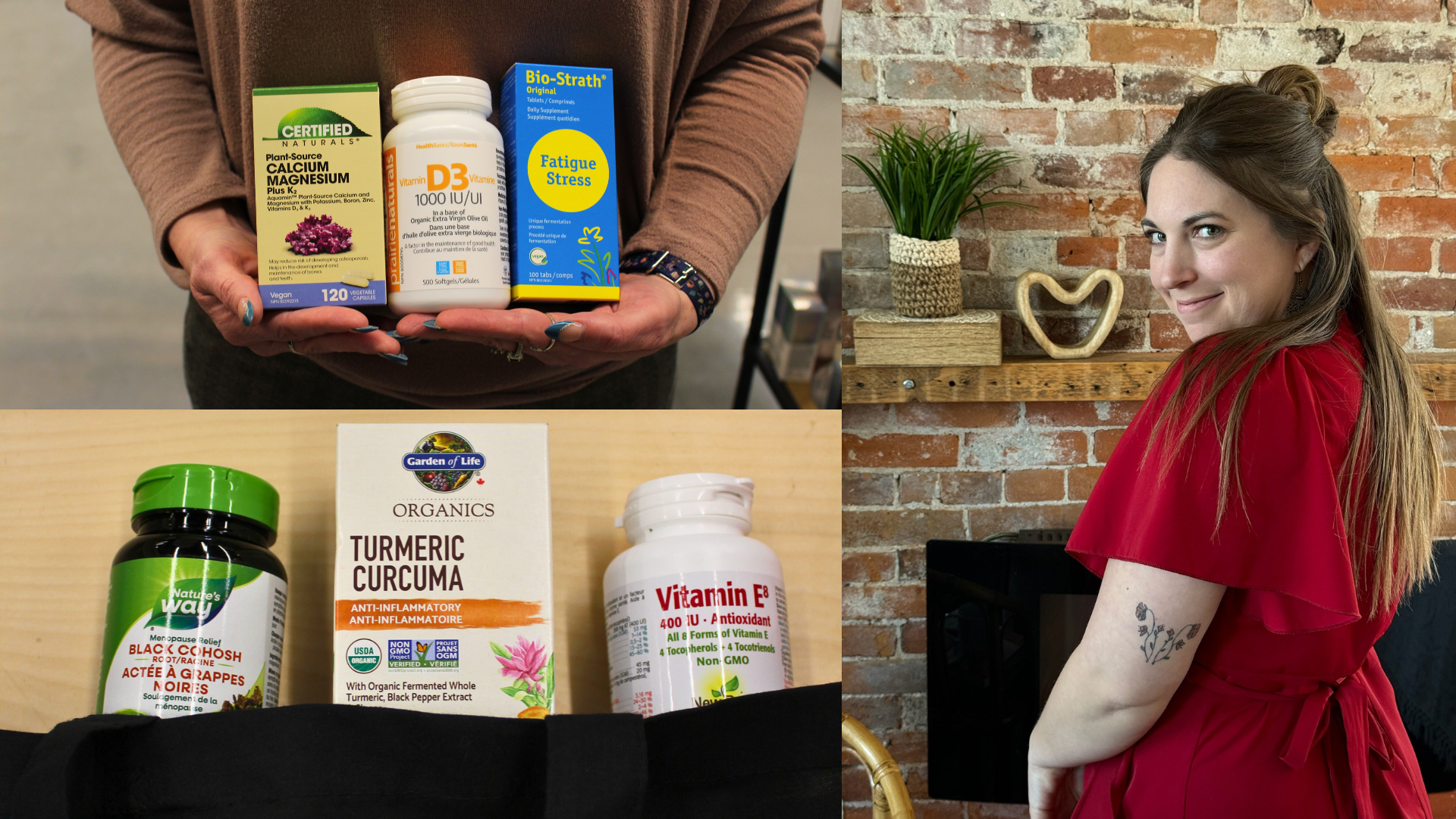Chrononutrition
What is Chrononutrition?
Chrononutrition is the science of how food, metabolism, meal timing, and your body clock interact.
More research is currently needed, but for now, scientists are trying to understand how your body responds to food at different times of the day. They are interested in whether these factors influence metabolic health and the risk of developing obesity and type 2 diabetes.
How it effects your body
We usually eat our largest meal toward the end of the day. So, chrononutrition researchers are trying to understand whether it's better to eat earlier in the day or later at night.
In one study, a group of scientists followed 420 people on a 20-week weight-loss plan. The researchers split the groups into those who ate their main meal earlier and those who ate it later.
They found that participants who ate their main meal earlier in the day lost more weight than the late eaters, even though both groups consumed similar amounts of food.
Blood Sugar Levels
When your body breaks down a meal, sugars enter your blood as glucose. Your body responds to this rise in blood sugar by releasing insulin.
Scientists have shown that our body’s ability to control blood sugar varies across the day. On average, blood glucose responses appear to be better in the morning than in the afternoon.
Fat
Like glucose levels, after eating, levels of fat in the blood rise. However, they rise and fall much slower than blood glucose, taking hours to return to normal.
Evidence suggests that our blood fat levels also change throughout the day. For instance, a study on healthy men found that their blood fat levels were higher after lunch than after breakfast — even though the two meals were identical.
Avoid Late-Night Meals
Avoiding late-night meals is an important part of chrononutrition. The body has a hormonal response any time you eat anything. If you eat late at night, when you're not using much energy, you'll increase your hunger and appetite. What’s more, late-night eating is linked to impaired metabolic function.
In the evening, blood glucose levels are high and since you're not moving around as much, it stays that way. By eating during the day time, you can lower nighttime blood sugar levels.
How to Get Your Eating Schedule on Track
It can be hard to avoid a late-night meal, but if you're snacking before bed or eating late, it will impact your health. Luckily, it's easy to get yourself back on track.
First things first, you should be practicing a healthy sleep cycle and try to go to bed at the same time everyday, since your eating habits often revolve around that.
Try to make a schedule for mealtimes and stick to it. Try to eat breakfast later in the morning and have dinner earlier, if possible.
If you sleep from 11 p.m. to 7 a.m., have breakfast an hour after waking—sometime between 8 a.m. and 9 a.m..
If you have to eat later than usual, try to make it healthy. High carbohydrate and fatty foods are not ideal for late-night meals so try to go for protein if you can.
Conclusion
The time of day that you eat has an impact on your health, but as long as you maintain a strict meal schedule and avoid eating at night you should be fine. If you do need to eat later than usual, try to make sure it's a healthy snack. It doesn't take a lot of work, just perseverance to stick to your schedule. By maintaining a consistent meal routine and making healthier choices, you'll be setting yourself up for better health and well-being. Keep at it, and your body will thank you!










